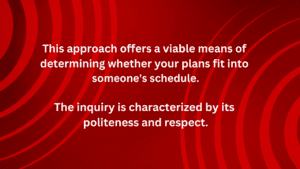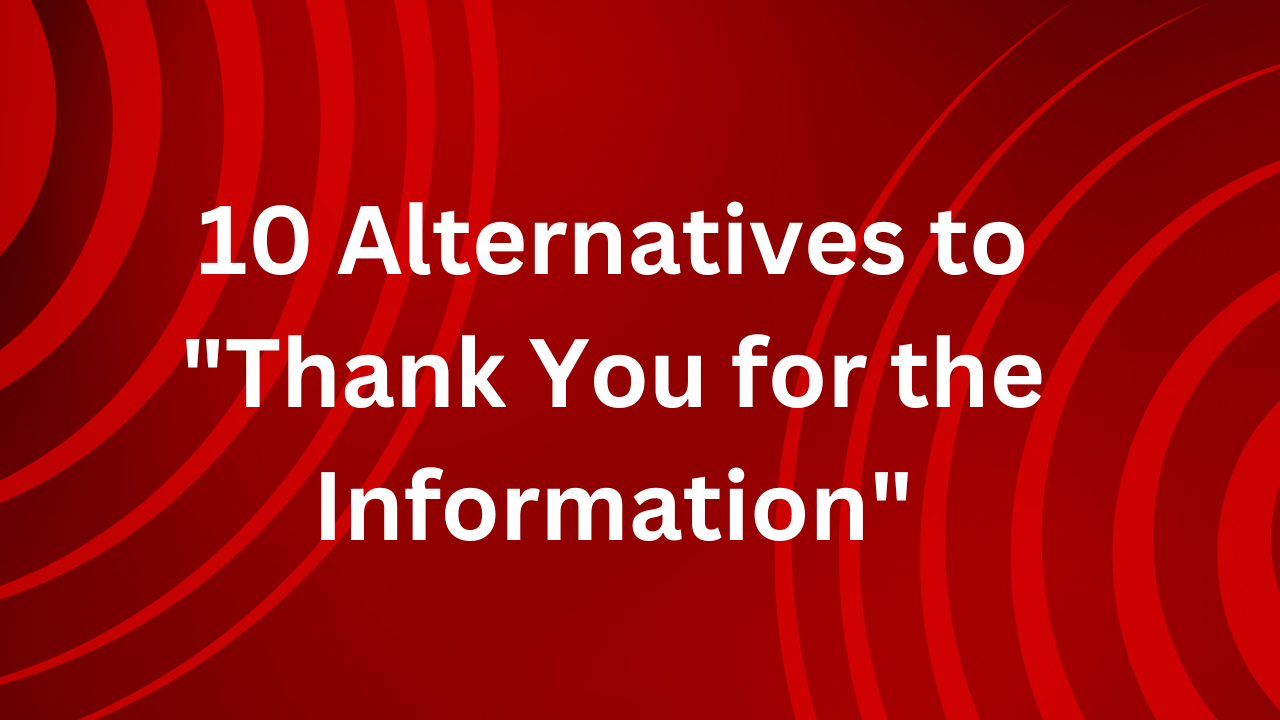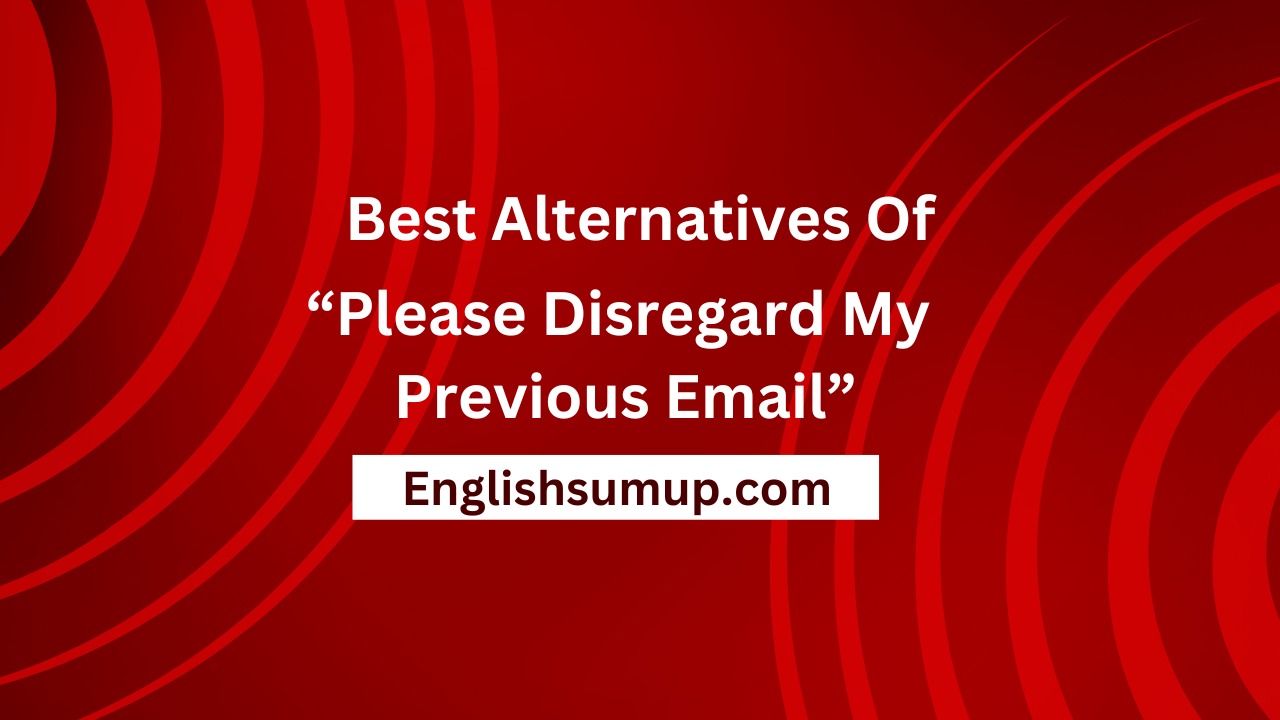Description of Does That Work for You, Ensuring alignment with others is paramount before finalizing any decision. It is very important that both parties share a mutual understanding and agreement before moving forward.
This article considers formal ways to express, “Does this work for you?” We have compiled a comprehensive list of better alternatives to help you out in this matter.
Is It Formal to Say “Does That Work for You”?
Using the phrase “does it work for you” is considered informal and is expected in professional communication. This expression has a certain casual and personal tone, which makes it less suitable for most formal emails and professional situations.
Although it can still be used to express politeness and friendliness, it is best suited for more informal correspondence.
Consider the following example to illustrate its application:
“I have outlined the proposed plan so far. Does it meet your preferences? Are there any aspects you would like to modify?”
This refined style maintains a polite tone while ensuring a high level of formality suitable for professional communication.
Advantages:

Disadvantages:

Given the informality of “does it work for you”, it is advisable to have alternative feedback readily available. This ensures a more formal tone in your email communications.
Continue reading to find formal alternatives to “does it work for you.” With each alternative, we’ve included sample email content to guide your use in different scenarios.
Read this Post also: 10 Best Alternatives Of “Please Let Me Know Your Thoughts”
What to Say Instead of “Does That Work for You”
- “Could this arrangement meet your approval?”
- “Kindly confirm if this aligns with your schedule.”
- “Does this schedule suit your preferences?”
- “May I confirm if this proposed plan is agreeable to you?”
- “Could you verify if this timeline meets your requirements?”
- “Would it be acceptable for you if we proceed with this plan?”
- “I’d appreciate it if you could let me know your availability for this.”
- “Kindly advise if this proposed schedule is feasible for you.”
- “Your feedback on the suitability of this plan is valued.”
- “Could you please share your thoughts on the proposed timeline?”
“Could this arrangement meet your approval?”
This phrase combines a formal tone with a polite inquiry, positioning the interaction as a reciprocal process. It seeks the recipient’s approval, fosters an atmosphere of mutual agreement and respect for their input. This is the best alternative of “Does That Work for You”.
Obtaining your approval of the proposed arrangements
Dear John,
I hope this message finds you well. I am reaching out to discuss a proposed arrangement and would like to know if it meets your approval. Your insights are invaluable, and I appreciate your thoughtfulness.
well wishes,
Devon
“Kindly confirm if this aligns with your schedule.”
This expression emphasizes politeness while drawing the recipient’s attention to the alignment of the proposed schedule with their commitments. This encourages a detailed assessment of their availability. This is the best alternative of “Does That Work for You”
Request for confirmation on proposed schedule
Dear John,
I hope this email finds you in good health. I have outlined a proposed schedule and would appreciate it if you could confirm if it fits your schedule. Your prompt reply is highly appreciated.
Very grateful,
Devon
“Does this schedule suit your preferences?”
While maintaining a clear and direct approach, it seeks to evaluate the proposed schedule in relation to the alternative recipient’s own preferences. It encourages them to express their specific preferences. This is the best alternative of “Does That Work for You”
Seeking your input on the proposed schedule
Dear John,
I hope you are having a productive day. I am reaching out to discuss the proposed schedule and would like to know if it fits your preferences. Your insight will greatly contribute to our planning.
Sincerely,
Devon
“May I confirm if this proposed plan is agreeable to you?”
This expression adds a layer of formality to the recipient’s search for agreement. Its purpose is to establish a clear understanding of the recipient’s position on the proposed project. This is the best alternative of “Does That Work for You”
A request for your agreement on the proposed plan
Dear John,
I hope this email finds you well. I am writing to discuss a proposed project and would like to confirm whether it is agreeable to you. Your opinion is important, and I appreciate your timely response.
well wishes,
Devon
“Could you verify if this timeline meets your requirements?”
By adding specificity, this alternative invites the recipient to verify the alignment of the proposed timeline with their specific needs. It emphasizes a thorough examination of the proposed time frame. This is the best alternative of “Does That Work for You”
Seeking your confirmation on the proposed timeline
Dear John,
I hope this message reaches you in good spirit. I am reaching out to discuss a proposed timeline and would appreciate it if you could confirm if it meets your needs. Your attention to detail is appreciated.
Very grateful,
Devon
“Would it be acceptable for you if we proceed with this plan?”
Emphasizing acceptability, this expression seeks the recipient’s agreement before proceeding. Its purpose is to ensure that the proposed project meets the recipient’s expectations. This is the best alternative of “Does That Work for You”
Seeking your acceptance of the proposed plan
Dear John,
Hope you are receiving this email safely. I am in the process of finalizing a plan and would like to know if it would be acceptable to you if we pursue it. Your approval is important to our next steps.
Sincerely,
Devon
“I’d appreciate it if you could let me know your availability for this.”
Expressing appreciation, this alternative thanks the recipient for their time and asks for their feedback on availability. This sets a collaborative tone. This is the best alternative of “Does That Work for You”
Request your availability input.
Dear John,
I hope you are having a productive day. I am coordinating an event and would greatly appreciate it if you could let me know your availability. Your support in our scheduling efforts is greatly appreciated.
Sincerely,
Devon
“Kindly advise if this proposed schedule is feasible for you.”
By combining politeness with a request for practical feedback, this expression ensures the receiver’s comfort with the proposed schedule, emphasizing a mutual cooperation. This is the best alternative of “Does That Work for You”
Seeking your advice on the feasibility of the proposed schedule
Dear John,
I hope you like this message. I am reaching out to discuss a proposed schedule and would like to kindly ask if this is possible for you. Your practical insights will guide our decision-making process.
well wishes,
Devon
“Your feedback on the suitability of this plan is valued.”
Recognizing the value of the recipient’s feedback, this expression emphasizes the importance of their input in the decision-making process. This encourages them to evaluate the suitability of the plan. This is the best alternative of “Does That Work for You”
Seeking your opinion on the suitability of the proposed plan
Dear John,
I hope this email finds you in good health. Your feedback on the suitability of the proposed plan is highly appreciated. I appreciate your time and consideration in providing insight on this matter.
Very grateful,
Devon
“Could you please share your thoughts on the proposed timeline?”
By inviting the recipient to provide their thoughts, this alternative encourages open communication about the proposed timeline. It creates space for the recipient to express their thoughts. This is the best alternative of “Does That Work for You”
An invitation for your thoughts on the proposed timeline
Dear John,
I hope you like this message. I am reaching out to discuss a proposed timeline and would appreciate it if you could share your thoughts. Your input will be instrumental in our planning process.
Sincerely,
Devon
FAQs
Can these alternatives be used in both formal and informal contexts?
Yes, although substitutes are usually prepared for professional settings, their level of formality can be adjusted based on the nature of your relationship with the recipient.
Are these expressions suitable for email communication only, or can they be used in other written and verbal contexts?
These expressions are versatile and can be adapted for use in a variety of communication methods, including written emails, reports, and oral conversations.
How do I choose the most appropriate alternative for a given situation?
Consider the tone, formality and context of your communication, as well as your relationship with the recipient. Choose an expression that is consistent with these factors and conveys your intent effectively.
Can I personalize these expressions further to match my communication style?
Of course. Feel free to adapt the language and tone of these expressions to match your personal communication style and the specific dynamics of your professional relationship.
Conclusion
In the realm of professional communication, the ability to convey thoughtful and effective messages is paramount. “Does it work for you?”
The alternatives provided for offer a spectrum of expressions, each carefully crafted to add a distinct tone and emphasis to your communication.
From formal requests for approval to polite inquiries about feasibility, these alternatives cater to a variety of scenarios.
Whether you’re looking for input on schedules, projects or timelines, these feedback are designed to increase the clarity and effectiveness of your communications.
Ultimately, effective communication is about building understanding, fostering cooperation and respecting others’ perspectives.
Choose the alternative that best aligns with your communication goals and adapts seamlessly to the unique dynamics of your professional interactions.










